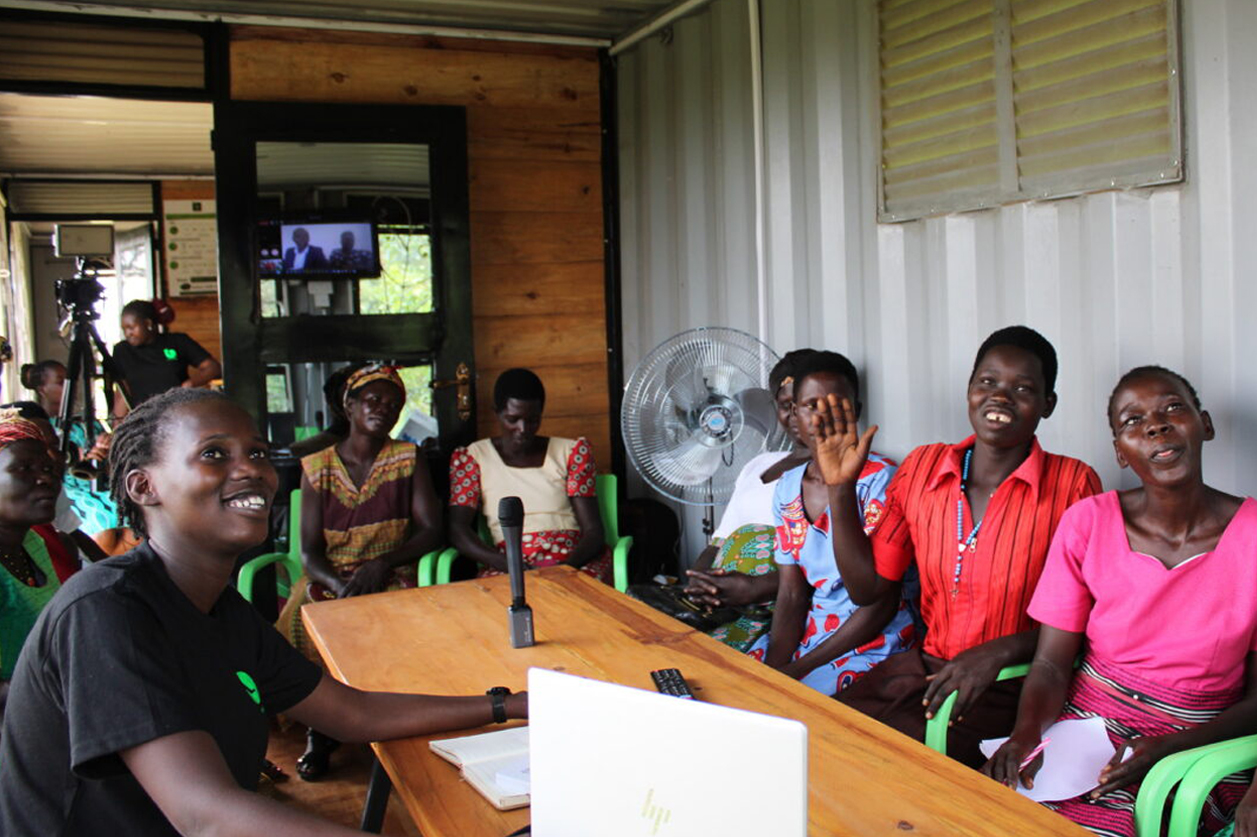One of the Commonwealth’s newly-accredited organisations, BarefootLaw, is marking a decade of award-winning service, helping local communities in Uganda gain access to the justice system while also educating them about the law.

To reach grassroots communities in rural areas, BarefootLaw deploys mobile 'justice boxes' to connect local people with free legal advice from lawyers based in the capital Kampala. The pro bono online service enables them to resolve disputes, gain essential legal information, and understand more about their rights.
Gerald Abila, founder and executive director of BarefootLaw, said that after 10 years of working with local communities in Uganda, the time had come to extend the operation to other countries in Africa and across the wider Commonwealth. He said:
“I’m proud of how far my team and I have come, and this is just the beginning, because access to Justice must not only be done, but must be seen to be done. We're looking forward to further growth and innovation.”
Since it was created in 2013, BarefootLaw has grown from a basic Facebook page to a hi-tech legal advice service, which has assisted more than a million people.
Professor Luis Franceschi, Assistant Secretary-General of the Commonwealth, congratulated Mr Abila and his team for filling a crucial gap over the past decade, adding:
“BarefootLaw is an incredible example of how innovation in the legal field is unstoppable. I've always believed that the court system, criminal and civil procedure, case management, law practice, and legal education need to evolve. And BarefootLaw is doing exactly that by providing access to justice for Commonwealth citizens, especially the most vulnerable.”
BarefootLaw also has a presence in The Hague, the international city of “peace and justice”, to spread the message about its pioneering activities in Uganda and the potential for further expansion. They are currently based at the .

Accredited organisations, such as BarefootLaw, are trusted partners of the ĚÇĐÄĚ˝»¨ in delivering its mandate in response to the needs of member countries, and in accordance with the values and principles of the Commonwealth Charter.
Read more about Commonwealth Accredited Organisations.


